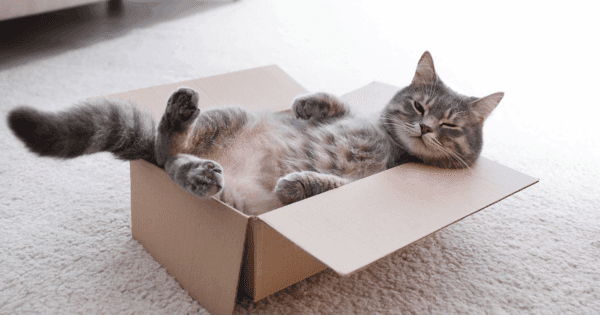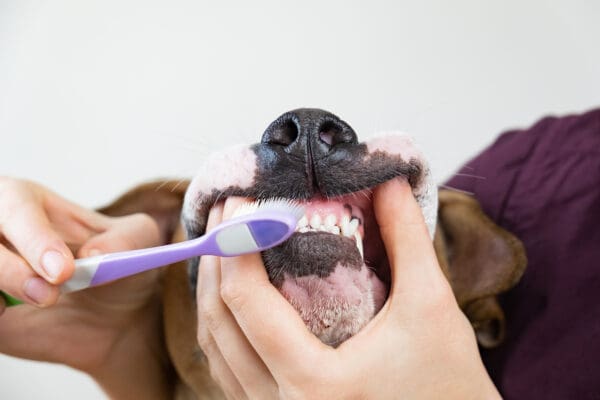
11401 NE 195th St. Bothell, WA 98011
(425) 486-9000 PHONE (425) 486-9002 fax
Notice: Below care sheet is from 2016, and may not reflect up-to-date care information.
What should my rabbit eat?
The basis of any good diet for a rabbit is plenty of fiber. Make sure that your rabbit always has access to grass hay, such as timothy, brome, or orchard grass, and that this comprises the majority of your rabbit’s diet. Rabbits under 6 months can also be supplemented with alfalfa and other legume hays, but those have too much calcium and protein for grown rabbits.
After hay, a good quality timothy hay-based pellet such as those made by Oxbow can be added to the diet. Various leafy greens and veggies can also be given. Sugary treats and fruits should be avoided — see our Rabbit Basics care sheet for more detailed information.
How can I tell if my rabbit has been eating?
The easiest way is by offering measured amounts of food and checking a few times a day to make sure it is disappearing. Cleaning up leftovers will also make it easier to tell if the bunny has been eating what is offered. A common sign you may notice is the feces becoming abnormal – smaller, harder and more dried out. Please note that a rabbit that has stopped eating will often continue to pass feces for 1-2 days afterwards. If your rabbit is not defecating, this is a sign that he/she has not been eating for well over 24 hours, and should be considered an emergency. Frequent cage cleanings will help you monitor if any new feces have been produced since the last cleaning.
What could cause my rabbit to stop eating?
Unfortunately, the list of things that can take away a rabbits appetite is quite lengthy. Infections, organ disease, tooth problems and stress can all stop a rabbit eating. A rabbit that has stopped eating is in danger of developing a condition commonly known as GI stasis, or ileus. In these situations, the rabbit’s stomach and intestines stop moving food through them and stop functioning normally. This puts the bunny at risk for serious complications such as “translocation”, where bacteria that normally stay in the gut can escape to the rest of the body and cause life-threatening infections.
Once your rabbit has stopped eating, it usually becomes a vicious cycle. Not eating causes discomfort as gas builds up in the digestive tract, and the discomfort makes them want to eat even less. This leads to dehydration, which can cause obstructions within the digestive tract.
What should I do if my rabbit isn’t eating?
If you suspect or know that your rabbit has stopped eating, you should contact your veterinarian immediately. Rabbits are meant to be eating continually. Anything that makes them feel sick enough to stop eating warrants investigation and treatment. A bunny that hasn’t eaten for 12-24 hours is an emergency case.
What might my vet recommend to treat my anorexic rabbit?
First, your vet will want to find out the reason for why your bunny has stopped eating. If there isn’t a obvious cause on the physical exam, your vet will recommend diagnostic testing. Tests might include blood tests for signs of infection or organ problems and x-rays for signs of a blockage or physical injury, among others.
Treatment will depend on the diagnosis obtained. Fluid therapy is very important for an anorexic rabbit, as they will often stop drinking and become severely dehydrated. Pain medication is always part of the treatment protocol, as controlling pain is one of the best ways to encourage a rabbit to start eating again. Antibiotics, medications which help their stomach and intestines regain normal movement (“motility” enhancing drugs), and other therapies may also be indicated. The specifics will be determined by the doctor and will be tailored to the cause for your rabbit’s loss of appetite.
March 30, 2015
Content of this Care Sheet Courtesy of:
The Center for Bird and Exotic Animal Medicine
11401 NE 195th St. Bothell, WA 98011
(425) 486-9000 PHONE (425) 486-9002 fax



